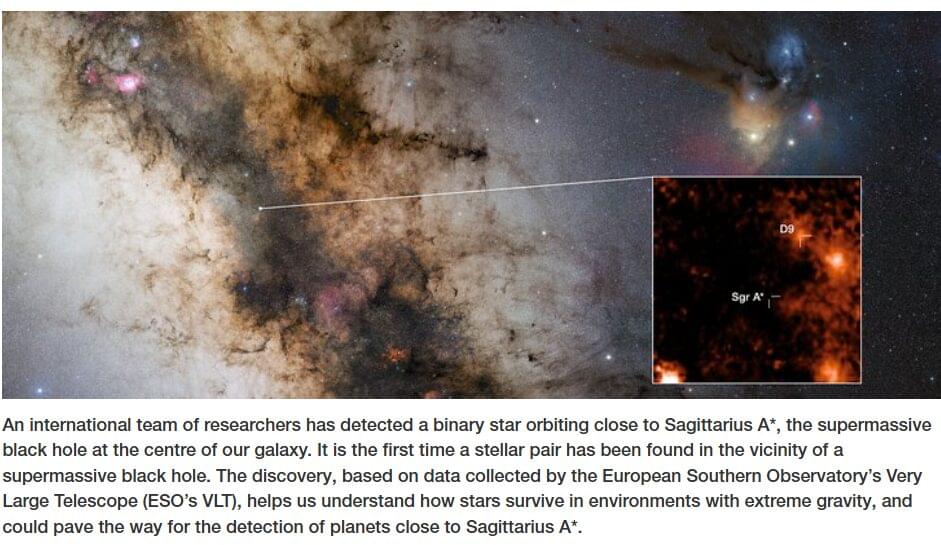How long would you like to live, and could science and technology make it possible?
Longevity science aims to extend our healthy years through advancements in CRISPR, cellular reprogramming, and drug development. While private companies and philanthropists invest heavily in these innovations, should the government be responsible for funding these efforts? Those who say yes to government funding say that longevity research could revolutionize public health, keep aging populations productive in the workforce, and reduce the economic burden of age-related illnesses. Those opposed to public funding of longevity science say that true life extension beyond a decade might be unachievable, and it will take years before results are measurable.
They argue that when and if these advances become available, they may only be for a smaller, affluent population. They also argue that long-known behavior choices like good nutrition and sleep should be adopted by all now, instead of chasing uncertain longevity advancements.
With this context, we debate the question: Could Longevity Science Extend Your Health Span By Decades? Should the Government Fund It?







